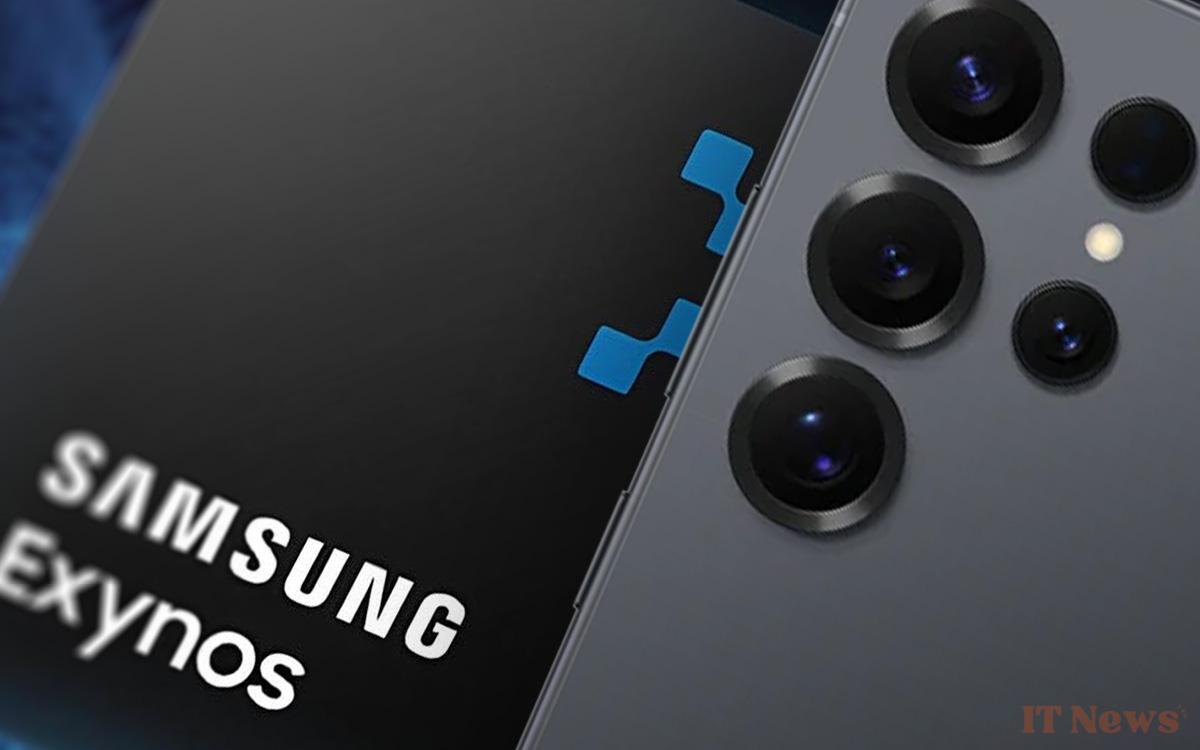The Samsung Galaxy S26 is expected to feature an Exynos chip in Europe instead of a more traditional Qualcomm Snapdragon chip elsewhere in the world. In the past, this has mainly meant performance and overheating issues. Should we fear the same thing this year?
As the release of the Galaxy S26 slowly approaches, several sources are reporting information that is already raising the eyebrows of many Samsung regulars. Especially those who have been customers of the brand for many years.
Indeed, not all Galaxy S26s will run under the same star, or rather silicon chip. In practically all markets, Samsung would, without too much surprise, be content with a Snapdragon 8 Gen 4 chip, which is expected to deliver increased performance, all with a reputation for excellence that marks Qualcomm's premium chips.
This information, which is already raising the suspicion of the brand's loyal customers
In Europe, on the other hand, we would have to settle for an alternative: an Exynos 2600 chip manufactured by Samsung. Exynos smartphones will undoubtedly be presented by the manufacturer, as with practically every release of this type in the past, as in all respects equivalent to the Snapdragon versions.
But as you may know, there is sometimes a world of difference between a manufacturer's statements and reality for customers. Both chips will be manufactured using 2nm, an ultra-advanced process promising better raw performance and better battery life. But already, one source is talking about quite different figures between the variants.
All of this is to the advantage of the S26, which is equipped with a Snapdragon chip. Independent tests will of course be required after the devices' release to truly assess the difference between the two versions. The last such precedent was the Galaxy S22, which was equipped in Europe with an Exynos 2200 chip.
Some European customers complained of overheating issues and reduced battery life, while benchmarks revealed performance slightly below the figures seen on models sold internationally. It's worth noting that all of this is just rumor at this stage—and that one crucial piece of information is also missing: will the Exynos chips be included in all or part of the next generation? We'll hear the answer soon.




0 Comments